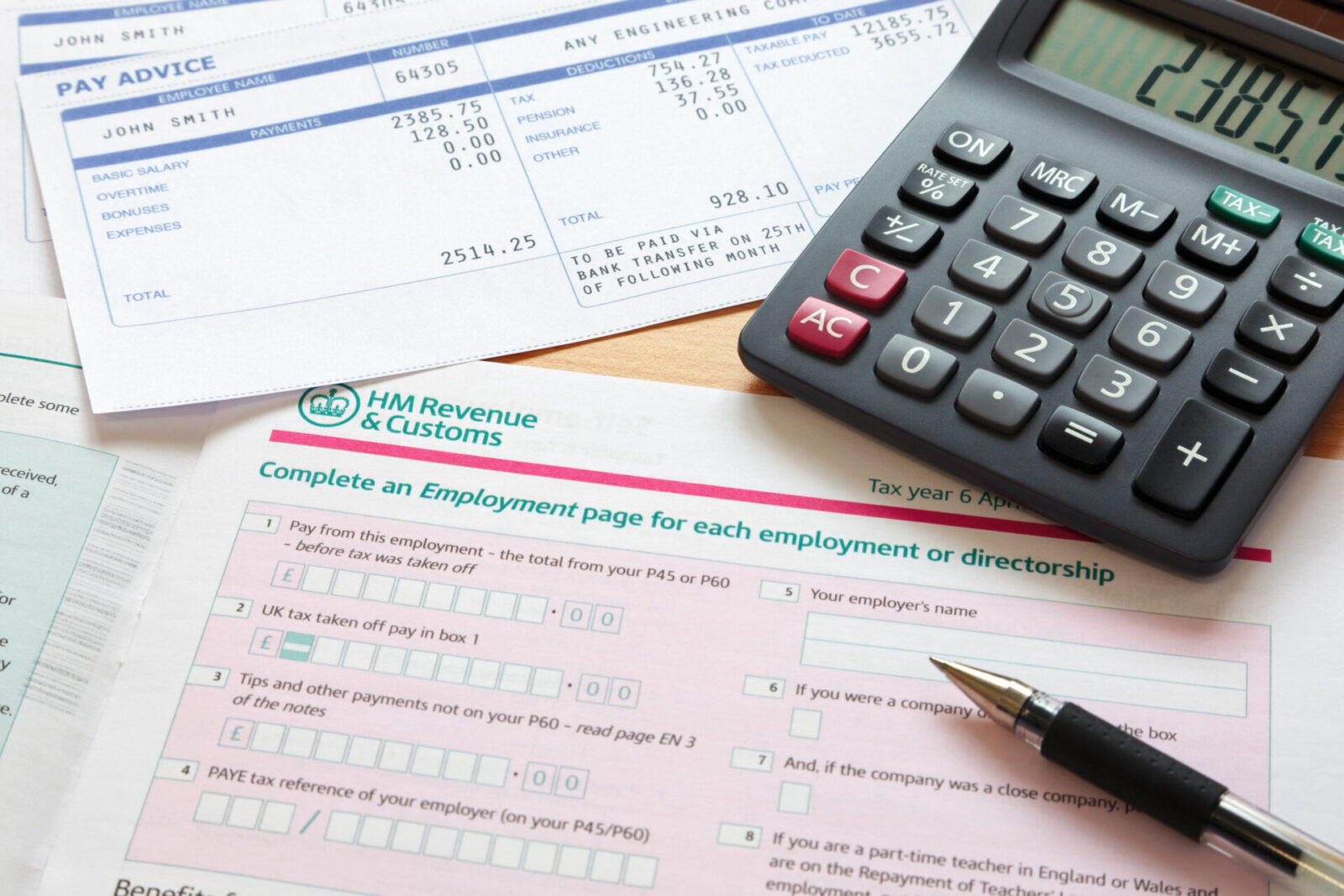
Jeremy Hunt suggested we should scrap national insurance. But would it work?
In case you missed it, UK chancellor Jeremy Hunt delivered the government’s spring budget this week. There weren’t a whole lot of surprises to go around (much less rabbits being pulled from ministerial hats), but an intriguing suggestion did come out of it.
After reducing national insurances contributions by 2p (following an identical 2p-reduction in the autumn statement), the Conservatives suggested they may be in favour of scrapping national insurance altogether. That would mark a massive change in the way most workers pay tax, as well as a massive hole in government finances.
The question many people had was just how serious the Tories were. This is an election year, in all likelihood, so was it a genuine policy or a suggestion designed to boost their prospects come voting time? This blog takes a look.
Hot air or solid policy?
National insurance has existed in some form in the UK for decades. The first national insurance scheme was created in 1911 by chancellor David Lloyd George. Labour then expanded it in 1948, and since then it has changed little.
This creates an odd situation where workers, as Jeremy Hunt mentioned in his speech, are effectively taxed twice — once at the flat income tax rate, and once for national insurance. These payments are supplemented by employers or through self-assessment for self-employed workers.
Among other things, national insurance is first used to fund the NHS, as well as the state pension, jobseekers’ allowance and incapacity benefit.
A £46bn black hole
The only problem with this is how much it would cost. Labour estimated that the elements Hunt wanted to scrap totalled £46bn, a massive sum considering the already depleted state of public services.
The NHS is facing a funding crisis, while housing, infrastructure and decarbonising the economy are huge projects high up on the agenda. In order to make the sums add up, it’s likely that the government would have to raise a vast amount of cash. Whether that’s through borrowing or tax increases, the Tories would find it tricky to do so, given they commonly market themselves as the party of low taxes and low debt.
Would scrapping it promote growth?
The whole idea behind this is that spending less on taxes would leave UK consumers with more money in their pockets, and therefore more money to spend on goods and services, boosting British businesses.
However, economics is something of a vague science and it can’t always be trusted. Just because something makes sense in macroeconomic theory doesn’t mean it will work in practice (we again doff our caps to the Liz Truss regime for reminding us of this).
It’s an intriguing idea, but one that probably will not get off the ground. There’s a possibility that it could be the cure to the UK economy’s growth issues, but there’s certainly no guarantee. With the NHS facing a funding gap and other policy areas needing funding, it’s likely that scrapping national insurance won’t be enough to swing the election for the Conservatives.
In an election year, it’s highly likely that sterling sees a big dose of volatility. Don’t take the chance. Lock in a forward contract today and take the risk out of your next transaction.
To learn more about how Smart Currency Business can help you, give one of our friendly account managers a call on 020 3773 7402 or visit our website for more information.

 020 7898 0500
020 7898 0500
